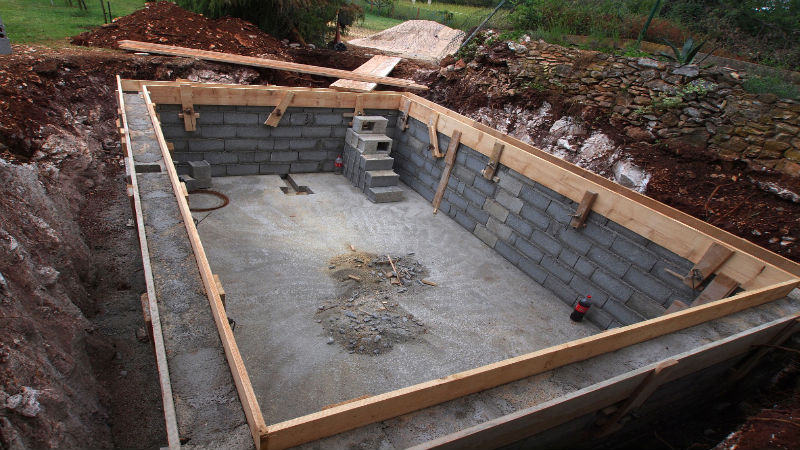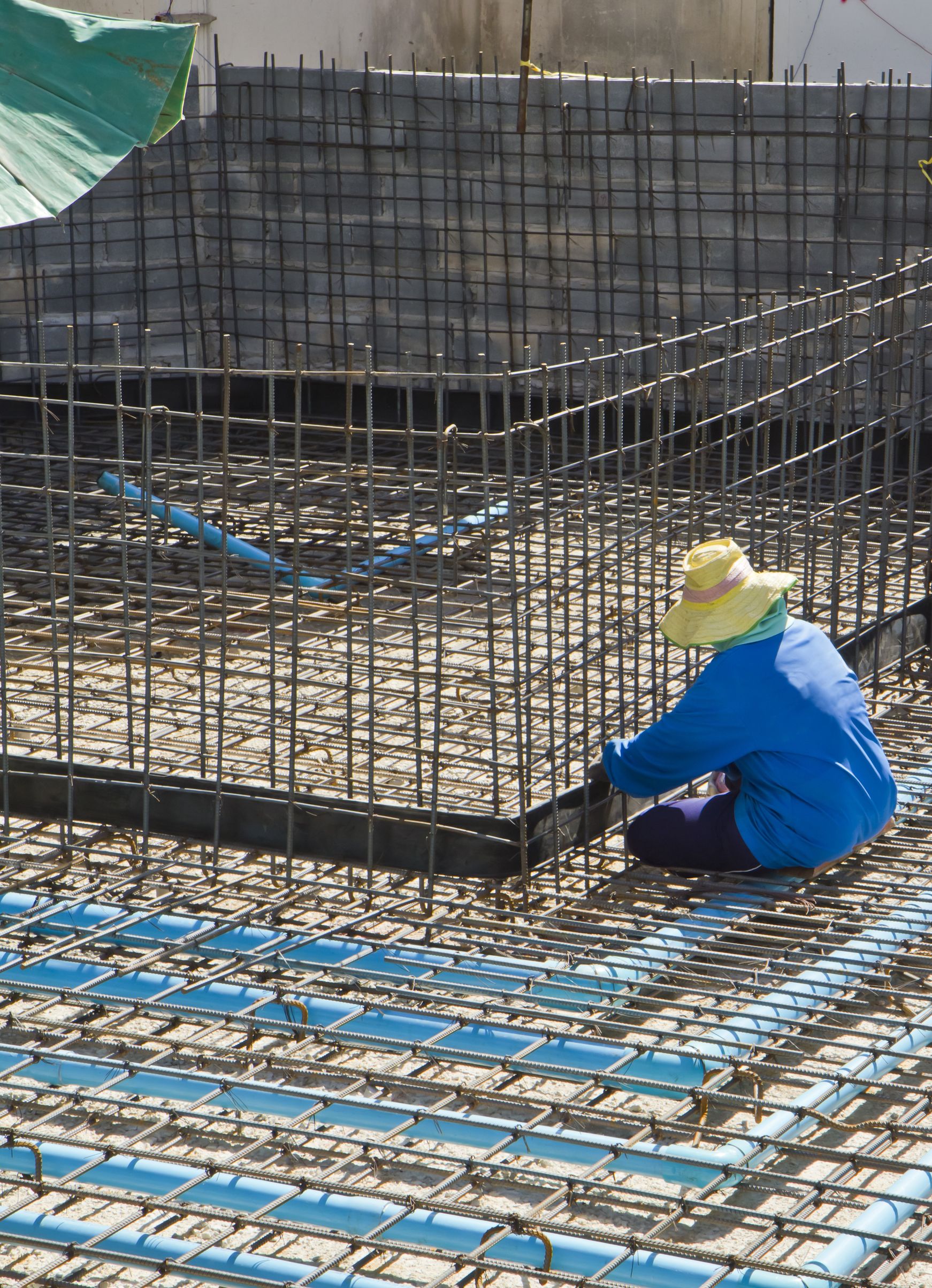If you own a pool, you know that in order to maintain it and keep it healthy, you need to have a pool sanitation plan in place. There are plenty of sanitation methods available, including:
- Chlorine
- Salt
- Ionizing filters
- UV treatment
But why use a pool sanitizer in the first place? After all, when we go to a lake or river, we often jump right in and have a swim. Most of the time we’re just fine afterward, so why should our own pool have to be sanitized?
Keep a Clean Pool
The truth is that a home swimming pool is not like a river system or lake. Those ecological systems are dynamic and have their own balance of bacteria that is often kept in check by water flow, animals, marine life, and other bacteria. However, our own backyard pools are not a dynamic system. They are static and are prone to being overrun by algae and bacteria if we do not keep them clean and healthy. To do this, people generally use a wide variety of sanitation methods.
All of these pool sanitizer methods are aimed at killing off and controlling the growth of bacteria, algae, and viruses. When we enter a pool, bacterial colonies can be transferred from our skin and other bodily orifices. Bacteria can grow if the pool is not sanitized regularly and can be harmful to our health, causing ear, nose, and throat infections as well as other illnesses.
Using Chlorine
Tossing granular chlorine into your pool, or floating a chlorine tablet in a disperser is a very common method of controlling bacterial colonies. The chlorine kills off many viruses and bacteria, thus keeping the pool water clean and relatively sterile. There are problems associated with chlorine use, however, including the following:
- Chlorine is very toxic, and even in doses that seem small, it can irritate the skin and eyes, causing redness, itching and burning. For these reason, it is vital to use a slight amount of chlorine and to test the levels with special testing strips.
- Storing buckets of chlorine granules can be problematic. If not stored correctly in a cool and dry environment long term, the granules clump together due to moisture entering the bucket. This not only makes it difficult to use properly, but also causes the chlorine granules to break down over time and release very acrid gas.
Alternatives to Chlorine
Despite the widespread use of pool chlorine, it’s possible to find other sanitation methods that are just as effective. Ionization filters, though more costly, can either cut down the use of chlorine or eliminate the need to use it altogether. They kill off algae and bacteria through an ionizing process and leave you with a healthy pool. It can be used in both swimming pools and spas and is a relative newcomer to the sanitation market.



